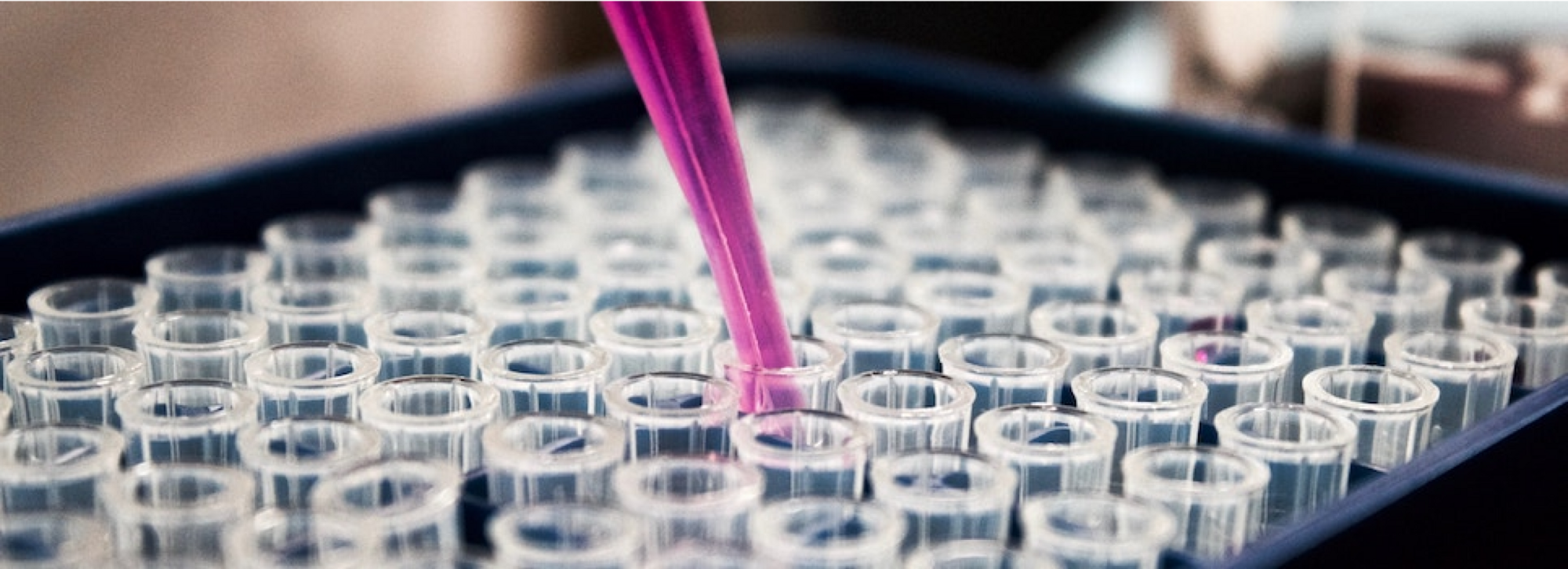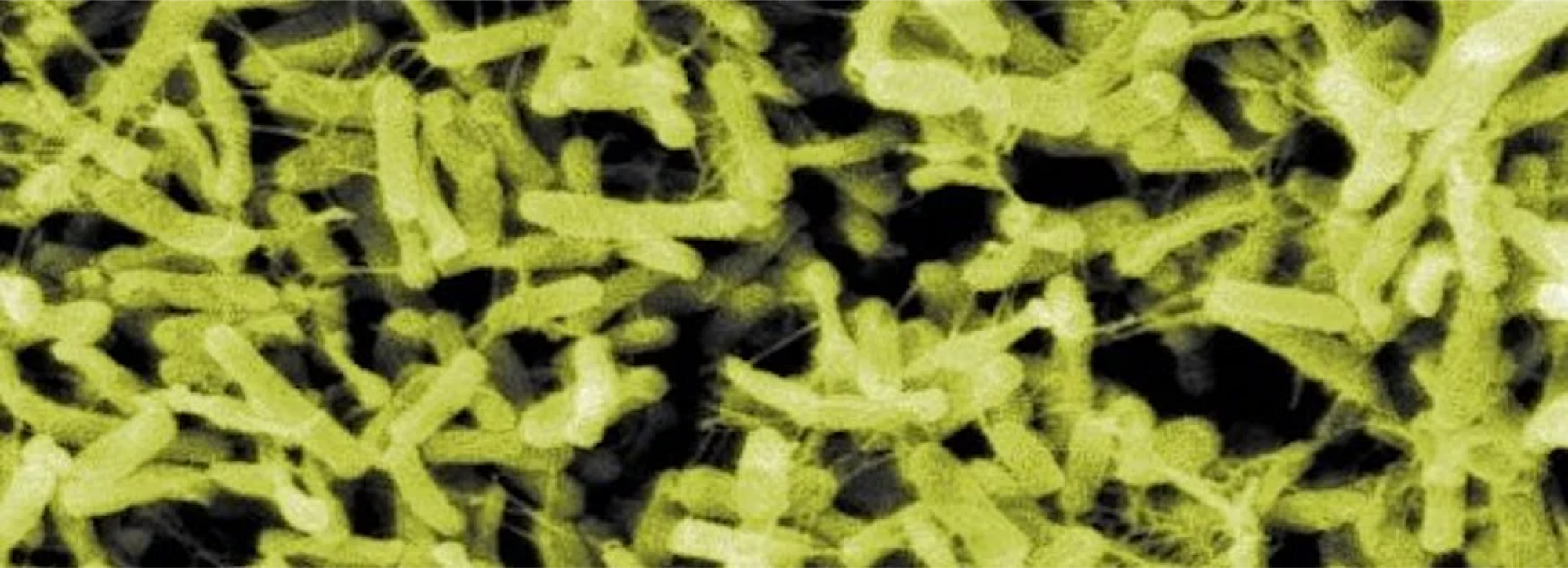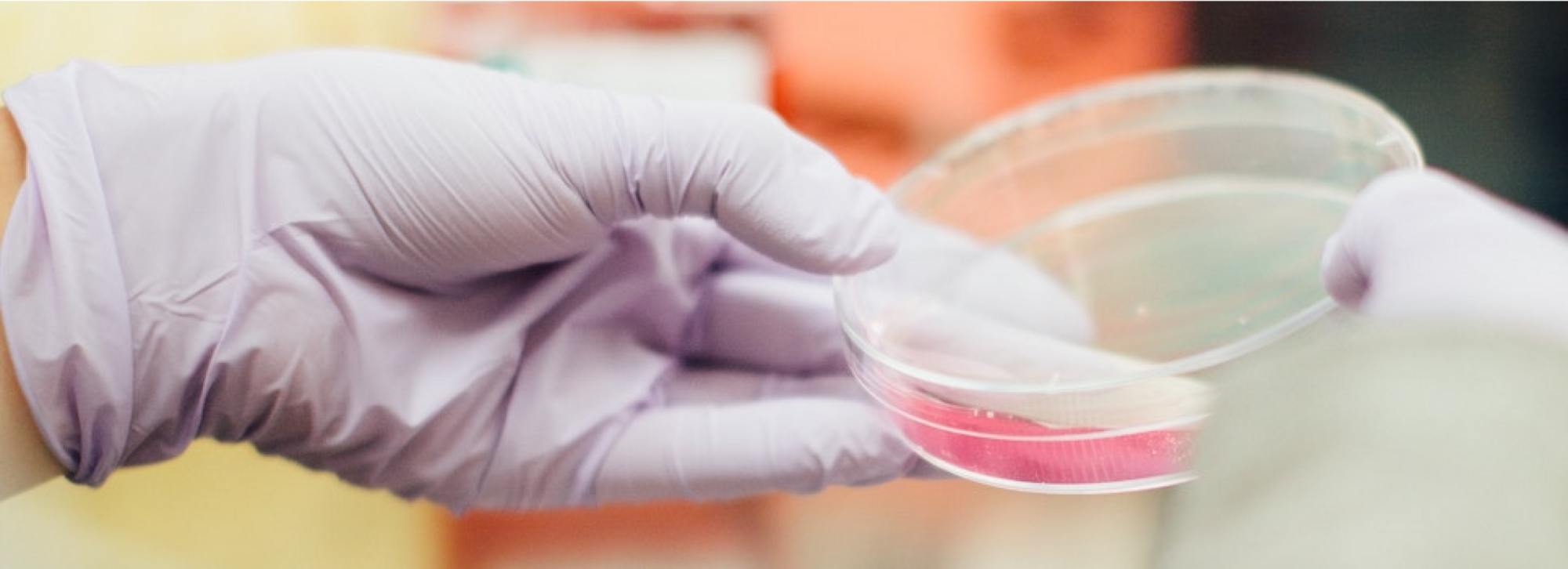Last Updated: 13/07/2025
Author: Dr Teagan Lever BVSc (Hons)
Reading Time: 3 minutes - short read
If you're up to date with all of the latest trends in health research for pets and their parents alike, you may have stumbled across references to the microbiome. If, like me you wondered "Well what the heck is the microbiome anyway?" then this is the article for you! Read on for a pet parent friendly explanation of what the microbiome is, as well as the latest info on the benefits understanding it could hold for your pet's health and wellbeing.
The word microbiome is esentially just a fancy science word which refers to the communities of microorganisms (bacteria, fungi and more) which live in a particular environment, including on (and in!) humans and animals.
Pet Microbiome Basics

In many cases, research into the human and animal microbiome has focused on the microbiome of the gut - that is the tiny little organisms which live in the intestinal tract. For a long time we have understood that having the right balance of these little critters can play an important role in digestive health; this is the reason your doctor may recommend to take probiotics after a course of antibiotics.
So what's new?
In 2007 the US National Institutes of Health (NIH) launched the Human Microbiome Project, using genetic sequencing technology to develop an understanding of what bacterial (and other) species inhabit 5 areas of the body (including the gut) and how they change in certain disease states such as inflammatory bowel disease or pre term birth.
Among the findings of the decade of research that went into this project was that in some health conditions, including inflammatory bowel disease, there are changes to the types and behaviours of the microorganisms present. Further research into the human and animal gut microbiome has found that there are also differences present in the gut microbiome in many other disease processes including kidney failure, obesity and even mental health conditions.
How Does All This Apply to My Pet?

Now that we know there is a link between what the microbiome in the gut is doing and digestive health, as well as other parts of the body, really clever people are working on how they can use the power of science to manipulate the microbiome for good. And there are a lot of ways that the microbiome can be altered to help improve health. Interventions aimed at the gut microbiome might be aimed at increasing the diversity of bugs that are there, or in other cases encouraging the growth of certain species known to be present in healthy pets
When it comes to manipulating the gut microbiome, faecal transplants stand out as a success story. It sounds gross, but stick with me here. Essentially many humans (and pets) have been successfully treated for a range of digestive tract issues by simply transplanting the faeces (yes poo!) from a healthy donor into the gut of the patient. And it works!
So next time you catch your pooch with their head in the kitty litter, maybe it's just their way of increasing the diversity of their gut microbiome with a DIY faecal transplant!
So What's Next?

Understanding the microbiome and it's impact on human and animal health is a hot topic and the subject of ongoing research in both human and veterinary science. With each discovery it leads us closer to new ways we can help our pets to live longer and happier lives. Stay tuned for more articles about the pet microbiome and some exciting new products arriving soon which utilise this cutting edge science for your pet's benefit.
Further Reading
Want to know more? Check out our Discover Page for more tips on keeping your pets happy and healthy.